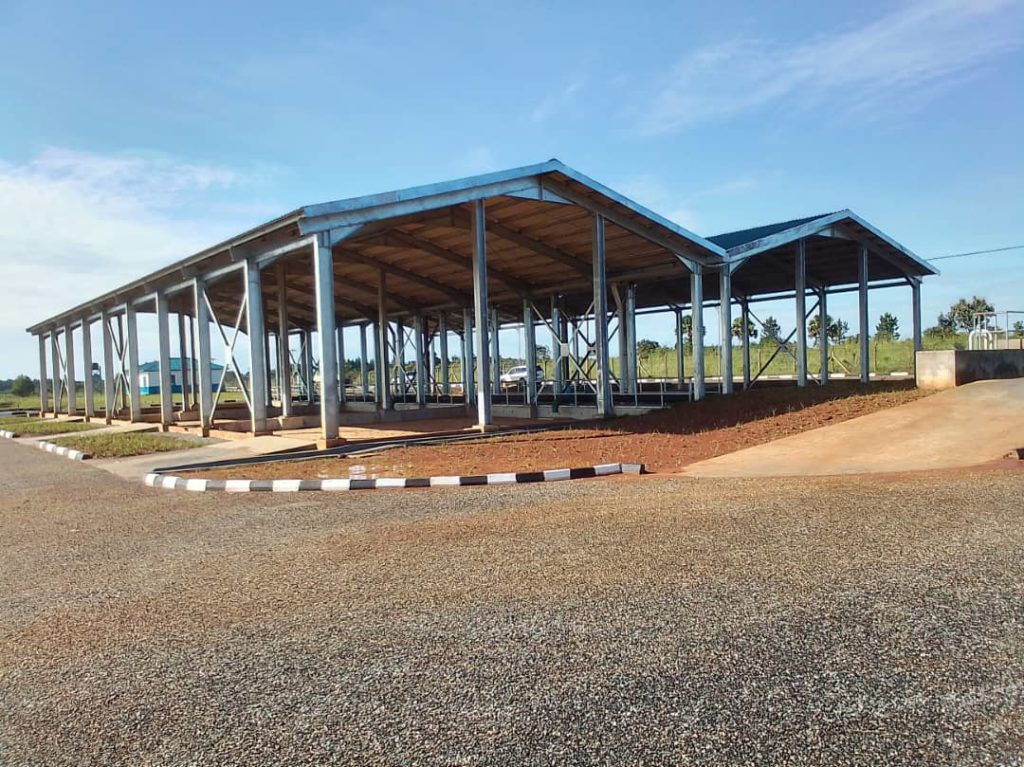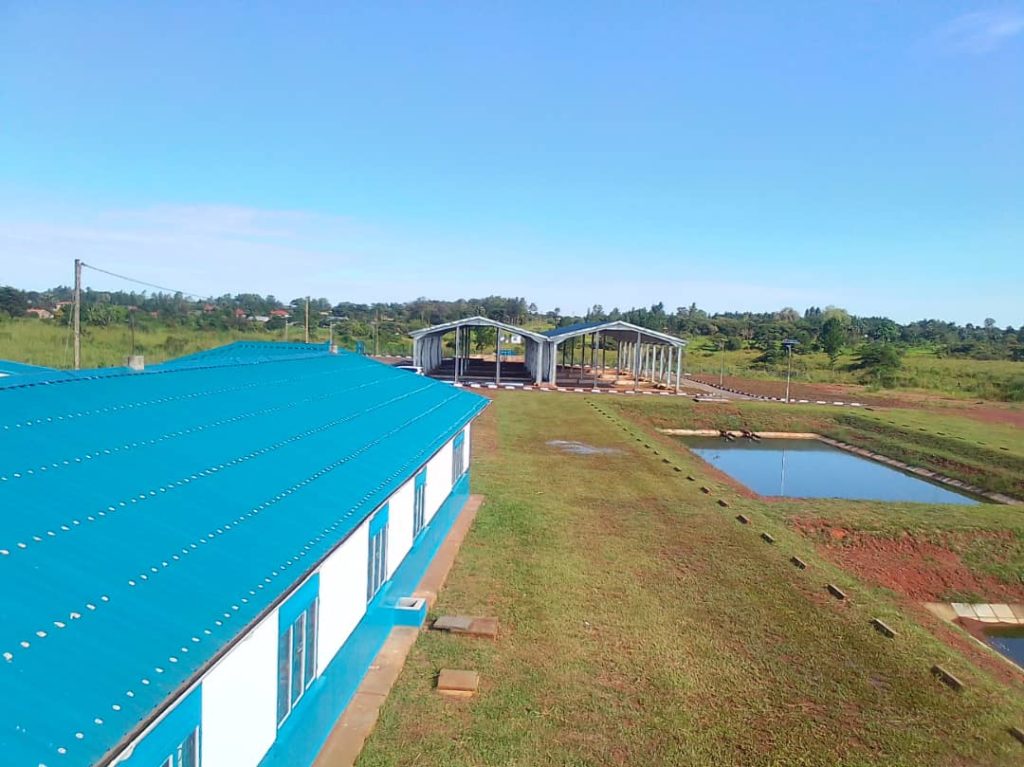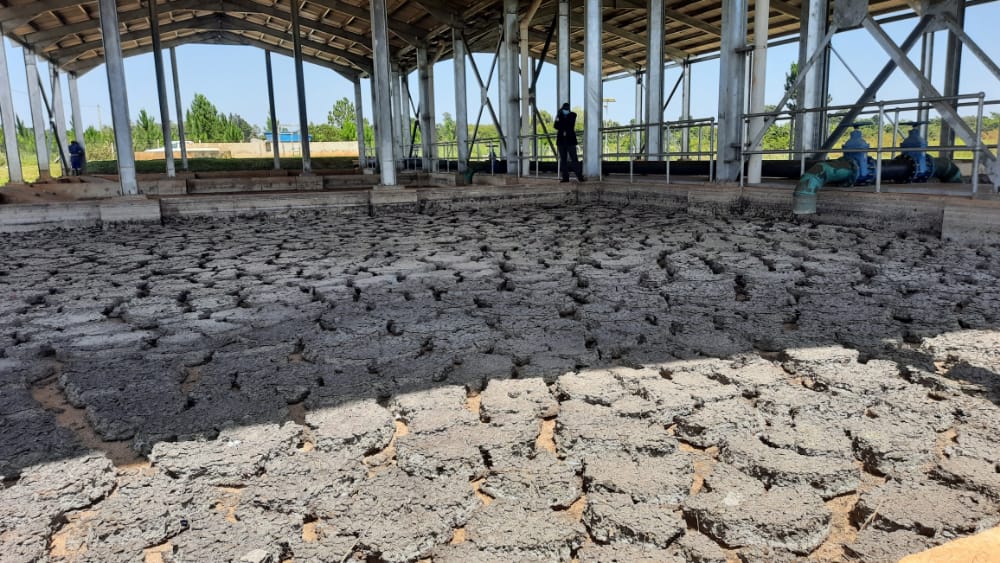
More than 90% of Gulu’s population does not have access to the sewerage network and is dependent on on-site sanitation systems like septic tanks. In the best cases, the faecal sludge from these septic tanks is regularly emptied and safely disposed such that it does not contaminate the environment. However, more often, the collected faecal sludge is disposed of haphazardly and illegally in wetlands thereby creating health and environment risk.
With support from Fichtner under the Integrated Programme to improve the Living Conditions in Gulu through funding from the World Bank, KFW and the Government of Uganda with the help of National Water and Sewerage Corporation (NWSC)-Gulu Area, are implementing a unique Faecal Sludge Treatment Plant (FSTP) within Gulu City to further manage and treat waste water from both sewer line connections and pit latrines with aim to improve the sanitation and environmental condition of the rapid growing city.
Gulu City’s management of faecal sludge has been transformed into a value chain that involves safe collection, transport, and re-use of human waste. Whist complex, the success of this process is credited to a fully operational Faecal Sludge Treatment Plant (FSTP) in Pece Cubu East of Gulu City which has addressed twin problems of waste water and faecal sludge management within the City.
Currently, the plant has 6 beds with treatment capacity of up to 25,000 litres of faecal sludge per day with an incubation period of approximately 4 to 6 months before the decomposed sludge is ready for consumption in the form of compost manure.

In the area, not only are farmers scrambling for animal compost but many are even trying to get their hands on treated sewage sludge.
NWSC-Gulu has been able to sell compost directly to local farmers between Ushs 40,000 and Ushs 50,000 for a truckload and a pack of 100kgs going for Ushs 5,000. The manure is either applied to food crops, trees, or flowers and grass.
Notably, manure sales started last year, in May 2021 and overall, it has been able to generate high demand by the local farmers due to its encouraging results.
The Faecal Sludge Treatment plant is part of the phase I of the Ushs 82.3 billion Gulu Water Supply and Sanitation system which includes upgrades at the Waste water treatment plant, construction of 7 km sewer pipelines including 200 house connections and construction of new toilet blocks for schools, health centres and public places within the City among others.
NWSC remains committed to Water for All.

Written by: Ivan Tekakwo


